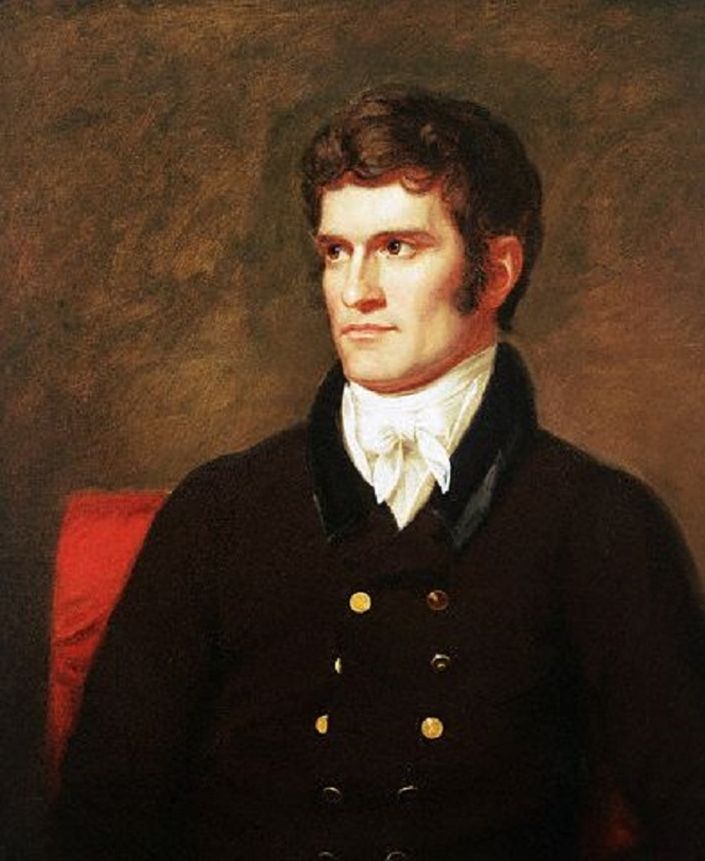
American Conservatism
What is an "American Conservative"? This question has vexed historians, philosophers, and pundits for decades.
Does an American conservative tradition even exist? And if so, what are Americans attempting to "conserve"?
Russell Kirk's The Conservative Mind
offered an eclectic survey of American and British conservative
thought. He included both John Adams and John C. Calhoun in his survey
of American conservatism.
Can both be considered genuine American conservatives?
What about Thomas Jefferson? Many historians label Jefferson a "radical" or a "liberal." But could he also be a "conservative"?
The 20th century witnessed the growth of the "conservative intellectual" movement and the search for a viable heritage. This class continues that exploration.
These selections will hopefully satisfy the inquiry as to what is an American conservative.
Your Instructor
Brion McClanahan holds a Ph.D in American History from the University of South Carolina. He is the author or co-author of six books, including the #1 Amazon best selling 9 Presidents Who Screwed Up America and How Alexander Hamilton Screwed Up America.
